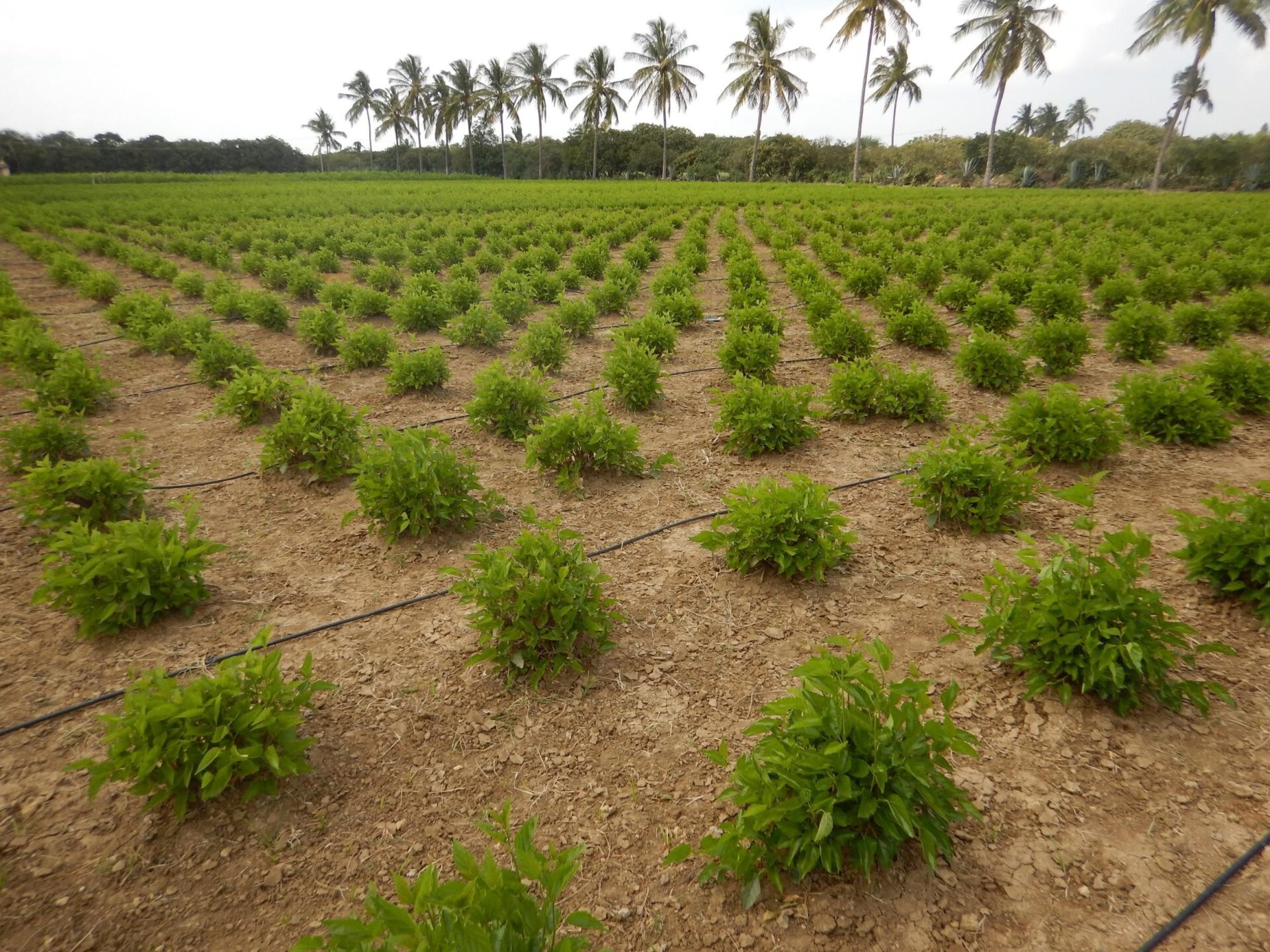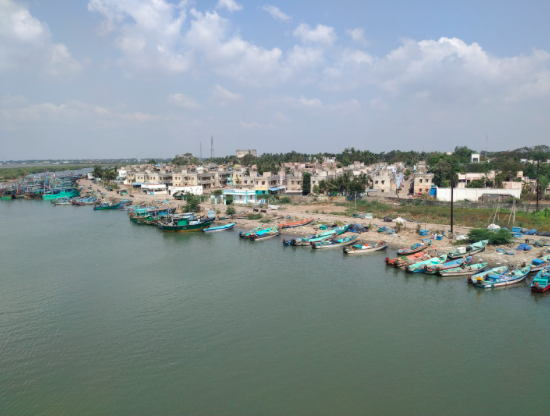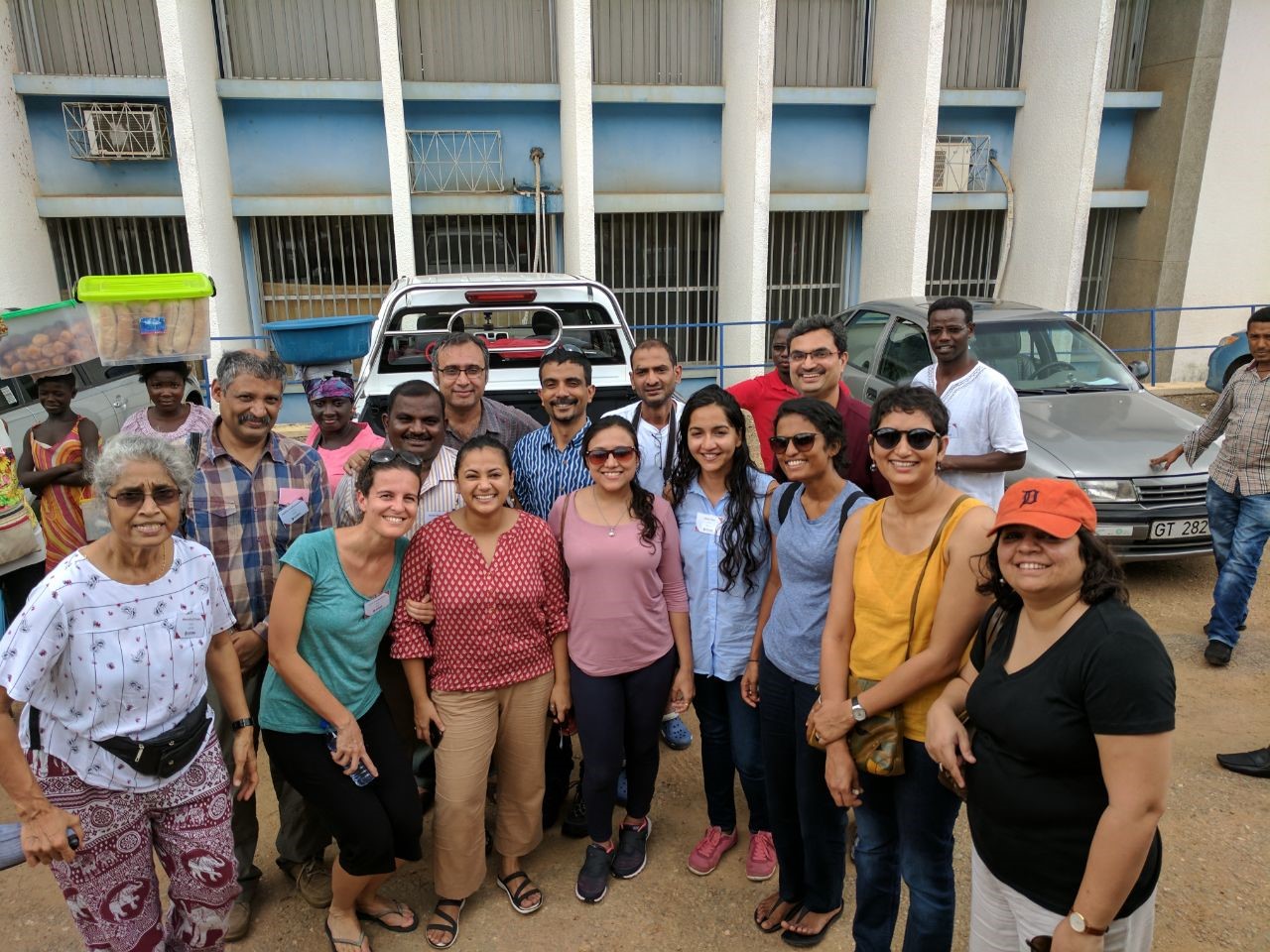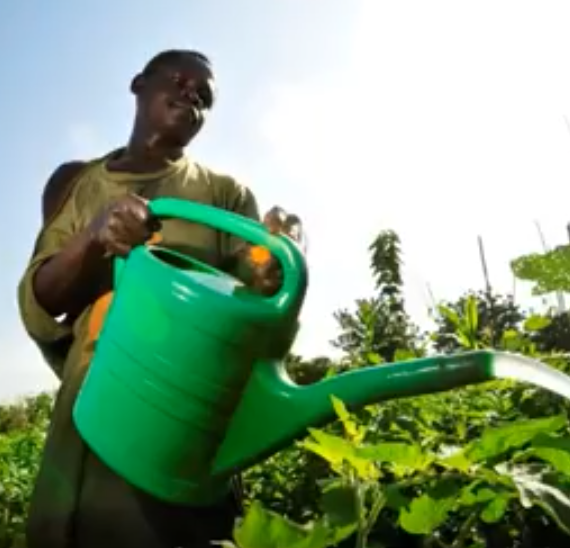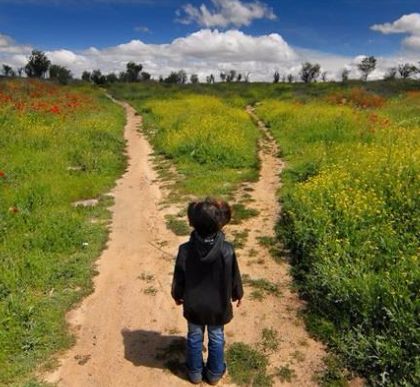IIHS
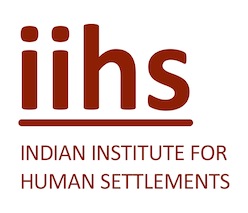
The Indian Institute for Human Settlements (IIHS) is a national education institution committed to the equitable, sustainable and efficient transformation of Indian settlements.
By 2050, half of all Indians will live in urban areas as the country undergoes a dramatic urban transition with deep economic, political, social, cultural and ecological impacts. Our future hinges on this urban transition being handled with wisdom and alacrity. Yet the fundamental constraint in the equitable and orderly growth and transformation of urban India is neither capital nor technology. The chief impediment is the availability of sufficient numbers of well educated professionals committed to the common good who can play the role of urban change-makers.
IIHS aims to establish an independently funded and managed National University for Research and Innovation focused on the challenges and opportunities of India’s urban transition. The proposed IIHS University will host an integrated programme of quality campus-based education and research, training and lifelong learning for working professionals, distance and blended learning, as well as a whole array of practice and advisory services. The university will have a strong interdisciplinary orientation bringing together theory and praxis that is grounded in the South Asian context and also engages with and draws from knowledge across the globe.
IIHS is a proposed networked institution across India. Its 55-acre mother campus in Bengaluru will consist of academic, research and social infrastructure including student and faculty housing and will be complemented by the IIHS City Campus, located in North Bengaluru.
IIHS has also been designated a National Resource Centre (NRC) by the Ministry of Housing and Urban Poverty Alleviation.
